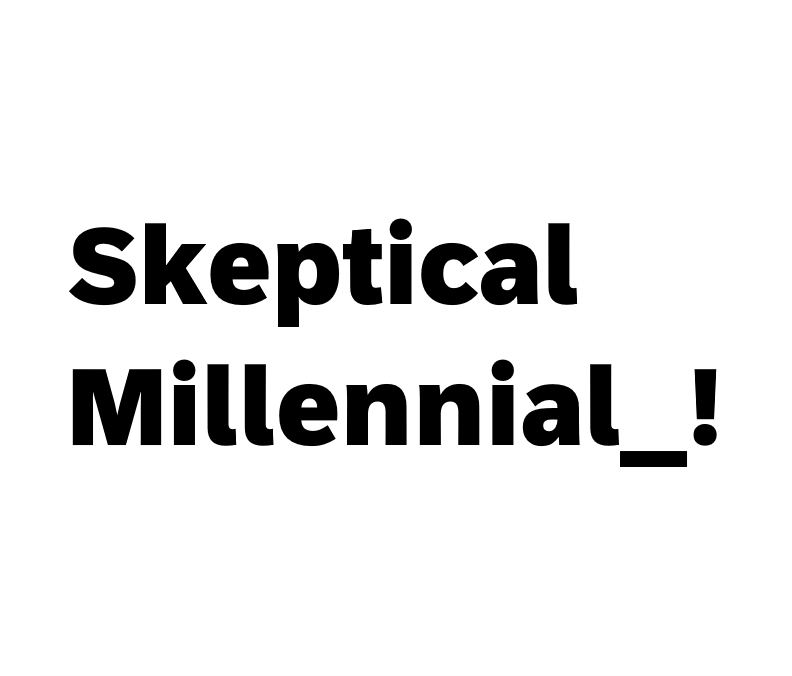Questioning the Authenticity of Wellness Trends: Why Millennials Should Be Cautious
In recent years, wellness trends have taken the world by storm, offering promises of improved physical and mental health. From detox diets to mindfulness apps, millennials are influenced by an array of lifestyle choices that claim to enhance overall well-being. However, it is crucial for this generation to question the authenticity of these trends, especially when it comes to their impact on Personal Finance and Investing.
With the rising costs of healthcare and an uncertain job market, millennials are increasingly concerned about their financial stability. While wellness trends may appear attractive on the surface, the financial implications they bring must not be overlooked. Many of these trends require substantial investments in specialized products, gym memberships, or even expensive retreats. The lure of improved health must be weighed against the potential financial strain they may impose.
One example worth questioning is the booming market for dietary supplements and superfoods. Millennials, known for being health-conscious, often succumb to the promises of these products to achieve optimal physical health. However, the cost of purchasing these items regularly can add up quickly. It’s important to recognize that a balanced diet can provide all the necessary nutrients without relying on pricey supplements. By questioning the need for such products, millennials can prevent unnecessary expenditures, subsequently safeguarding their personal finance and investing capabilities.
Another wellness trend that millennials should approach with caution is the rise of fitness memberships. The wellness industry has successfully created a culture where being fit equates to being trendy. Consequently, millennials feel compelled to sign up for pricey gym memberships or boutique fitness classes in order to keep up with societal expectations. While exercise is undeniably important, it is equally vital to evaluate whether these memberships are a worthwhile investment or just a passing fad. There are numerous alternative options, including free outdoor exercise, home workouts, and affordable community centers, which can help millennials maintain their health without straining their wallets.
Additionally, mindfulness and self-care have gained significant attention recently, as millennials seek mental well-being in an increasingly hectic world. Techniques such as meditation and therapy offer promising solutions, but they often come with hefty price tags. Instead of subscribing to expensive mindfulness apps or costly therapy sessions, millennials can explore cheaper alternatives, such as reading self-help books, practicing free meditation techniques available online, or seeking community-based support groups.
As millennials continue to navigate the complexities of personal finance and investing, it is essential for them to question the authenticity and financial impact of wellness trends. By doing so, they can prioritize their financial well-being while still maintaining a healthy lifestyle. This does not mean completely abandoning wellness trends, but rather approaching them with informed skepticism. Ultimately, millennials should strive for a balance between their personal health and financial stability, ensuring a future that is both physically and financially flourishing.
************
Want to get more details?
Skeptical Millennial
https://www.skepticalmillennial.com/
Unlocking the secrets to millennial moolah magic! Join our money-savvy journey in the world of Personal Finance and Investing

